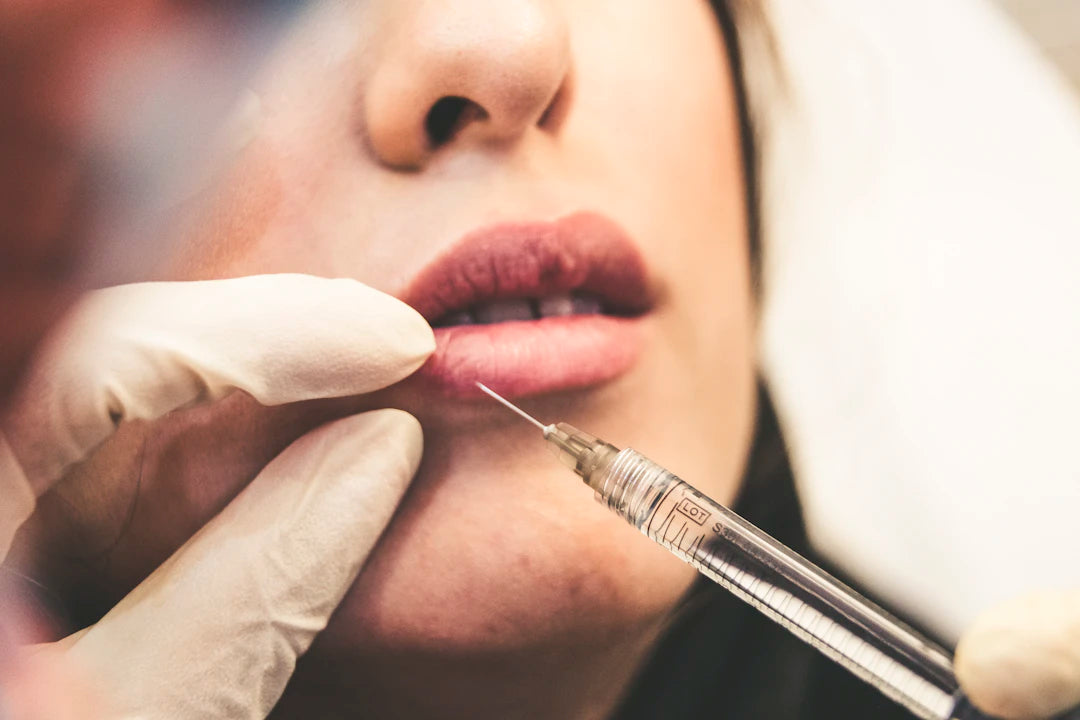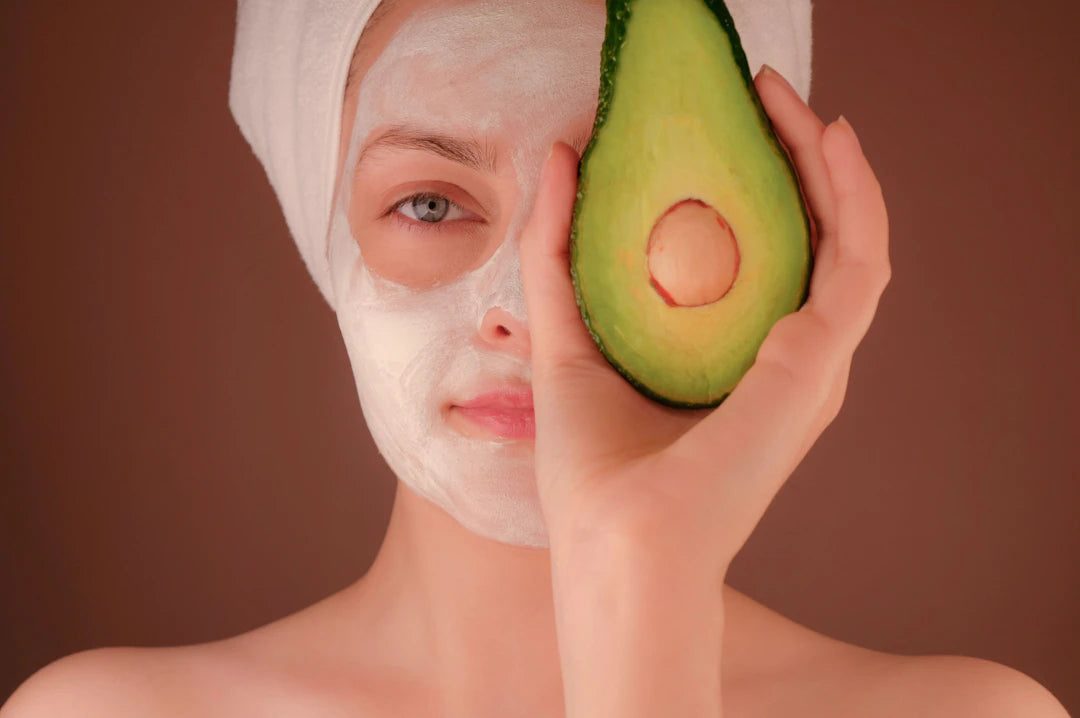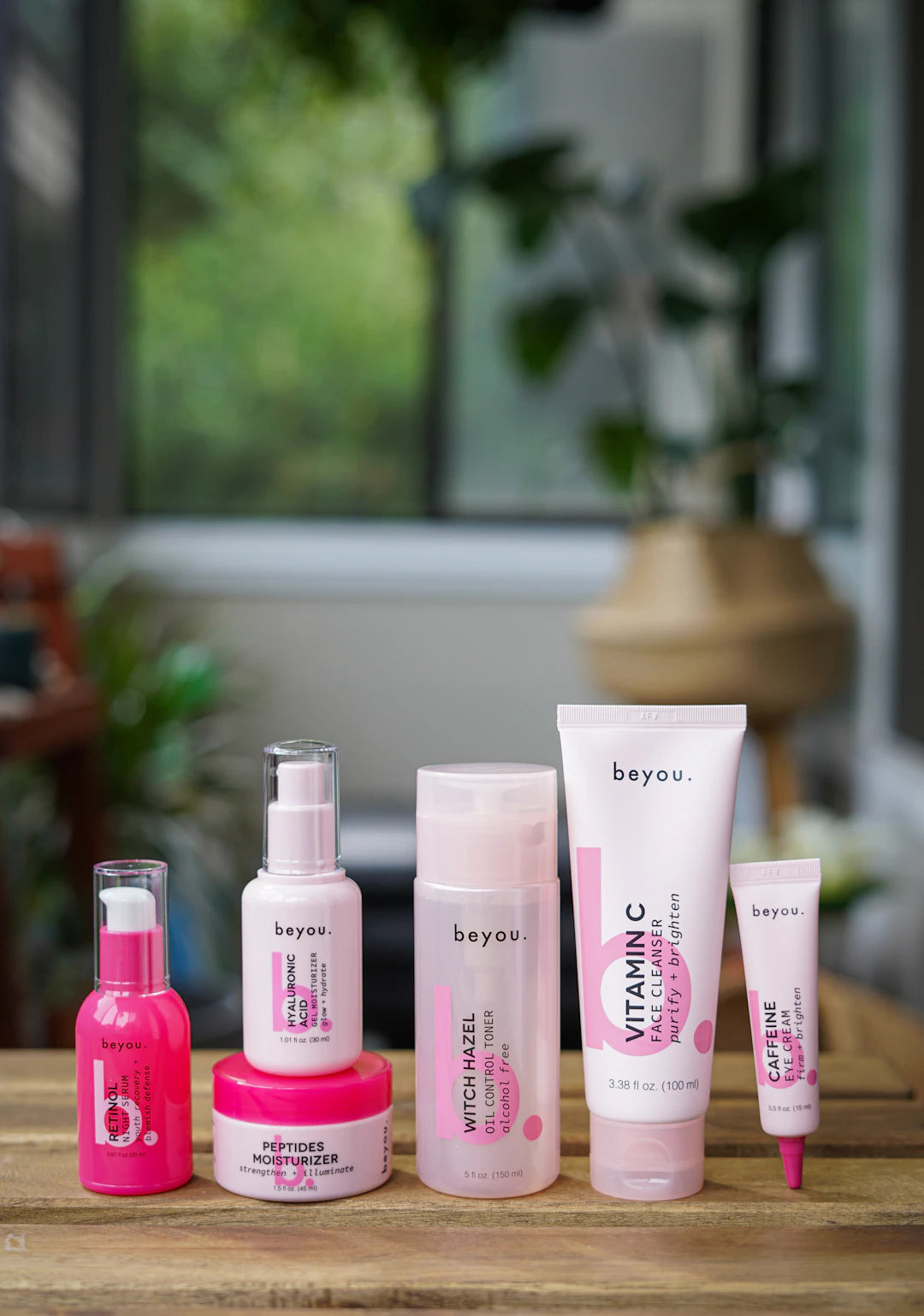Perfect Your Skincare Routine for Any Climate

Frequently Asked Questions
1. How does climate affect my skin's health?
2. What skincare tips are recommended for cold, dry climates?
3. What should I focus on in a hot and humid climate?
4. How can I adapt my skincare routine while traveling?
5. What key ingredients should I look for based on my climate?
Your skin is as unique as you are, and understanding how climate affects your skin can elevate your skincare routine to a whole new level. Adapting your approach based on the environment you live in or are visiting can help you maintain a healthy, radiant complexion year-round. This article explores how you can tailor your skincare routine to suit various climates, ensuring your skin not only stays nourished but also looks its best. Let’s dive into how you can perfect your skincare routine from dry deserts to humid rainforests.
The Importance of Climate in Skincare
The climate you live in can significantly influence your skin’s health. Variations in temperature, humidity, and even air quality can all lead to different skin conditions, requiring distinct care strategies. Understanding these differences is essential for creating a targeted skincare regimen. Here are some common climates and how they interact with your skin:
Cold and Dry Climates
In cold, dry environments, your skin may struggle to maintain moisture. The low humidity levels can leave your skin feeling tight, flaky, and prone to cracking. Here are some tips to combat these effects:
- Hydrate: Add a rich moisturizer to your daily routine. Look for ingredients like hyaluronic acid and ceramides that lock in moisture.
- Skin Brightening Cream: Using a brightening cream can help restore radiance that may be dulled by dry air.
- Gentle Exfoliation: Regularly exfoliate to remove dead skin cells without irritating your skin.
- Hydrating Masks: Utilize hydrating masks frequently to keep your skin plump and radiant.
Hot and Humid Climates
Living in a hot and humid environment can lead to excess oil production and clogged pores. Your skincare routine should focus on maintaining balanced hydration while controlling oiliness. Here are some effective strategies:
- Lightweight Formulations: Choose lightweight, oil-free moisturizers and serums to prevent clogging pores.
- Mattifying Products: Incorporate mattifying products to keep shine at bay.
- Anti-Wrinkles: Consider including anti-wrinkle ingredients such as retinol or peptides to stimulate collagen production.
- Regular Cleansing: Cleanse your skin more frequently to remove excess oil and impurities.
Temperate Climates
In temperate climates, where seasons change, your skin can experience a variety of conditions. Adjusting your skincare routine according to seasonal changes can effectively maintain optimal skin health. Here are some tips:
- Seasonal Moisturizers: Switch to heavier moisturizers in winter and lighter options in summer.
- SPF Protection: Always use sunscreen, even on cloudy days, to protect against UV damage.
- Target Specific Issues: Customize your routine to address seasonal skin issues, such as dryness in winter or oiliness in summer.
Key Ingredients for Various Climates
Knowing which ingredients are beneficial for your specific climate can enhance your skincare routine. Here’s a breakdown of useful ingredients based on environmental factors:
For Cold Climates
- Hyaluronic Acid: Great for retaining moisture.
- Glycerin: Attracts water to the skin, promoting hydration.
- Oils (like jojoba or argan): Effective in keeping skin barrier intact.
For Hot Climates
- Aloe Vera: Provides soothing hydration without greasiness.
- Salicylic Acid: Helps to keep pores clear.
- Niacinamide: Balances oil production and evens skin tone.
Building the Perfect Routine
Crafting a perfect skincare routine involves more than just choosing the right products. It’s about finding a balance that works for your skin type and climate. Follow these steps to curate the best routine:
Step 1: Cleanse
Begin with a gentle cleanser that suits your skin type. In humid climates, you may want foaming or gel-based cleansers to remove excess oil, while cream-based cleansers work best in drier climates to avoid stripping moisture.
Step 2: Exfoliate
Exfoliating regularly helps clear away dead skin cells and promotes cell turnover. However, frequency depends on your skin type and climate. Oily skin might benefit from exfoliation up to three times a week, while drier skin types may find once a week sufficient.
Step 3: Treatment
This is where targeted treatments come into play. Use serums with ingredients that address your specific needs. For brighter skin, look for a skin brightening cream that offers antioxidants and nourishment. In contrast, anti-wrinkles treatments should consist of ingredients that promote elasticity and firmness.
Step 4: Moisturize
Regardless of your climate, moisturizing is crucial. Keep the moisture balanced with an appropriate product that hydrates without overwhelming your skin.
Step 5: Protect
Daily sunscreen application is non-negotiable. Even if you don’t see the sun, harmful UV rays can still affect your skin. Choose a broad-spectrum SPF that works with your moisturizer for maximum benefits.
Adapting Your Routine While Traveling
Traveling can take your skin on a rollercoaster ride due to varying climates. Here’s how to adapt your routine during your trips:
- Research Destination Climate: Before you travel, check the climate and pack accordingly.
- Mini Versions of Products: Carry travel-sized containers of your favorite products to maintain consistency.
- Stay Hydrated: Drink plenty of water to support your skin’s health while traveling.
The Science Behind Climate-Specific Skincare
The way your skin interacts with the climate has a scientific basis. Factors like humidity, pollution, and temperature can trigger skin reactions, including breakouts, dryness, and premature aging. Understanding these elements allows you to implement preventative measures within your skincare routine. Here’s a quick overview of how each aspect affects your skin:
Humidity
In high humidity, excess moisture can lead to a spike in oil production, resulting in acne. Conversely, low humidity can strip your skin of necessary moisture, leading to dryness and irritation. Adapting your skincare routine to address these fluctuations is key for maintaining balance.
Temperature
Extremely hot temperatures can accelerate the production of sebum, while the cold can impair your skin’s ability to retain moisture. A well-rounded skincare routine must consider these temperature alterations for healthy skin.
Pollution
Living in polluted areas exposes your skin to toxins that accelerate aging and dullness. Incorporating antioxidants in your routine can fight these damaging effects and promote healthier-looking skin.
Your Skin Deserves the Best
Making thoughtful adjustments to your skincare routine based on climate can dramatically improve your skin’s health and overall appearance. Whether you are combating the frigid air of winter or the sweltering heat of summer, taking the time to understand your specific needs is vital. Embrace the climate you live in or visit with informed adaptations, ensuring your skin remains smooth, vibrant, and youthful. With the right knowledge in hand, you are now more empowered to conquer your skincare journey, no matter the weather. Unlock the full potential of your skincare regimen today!


